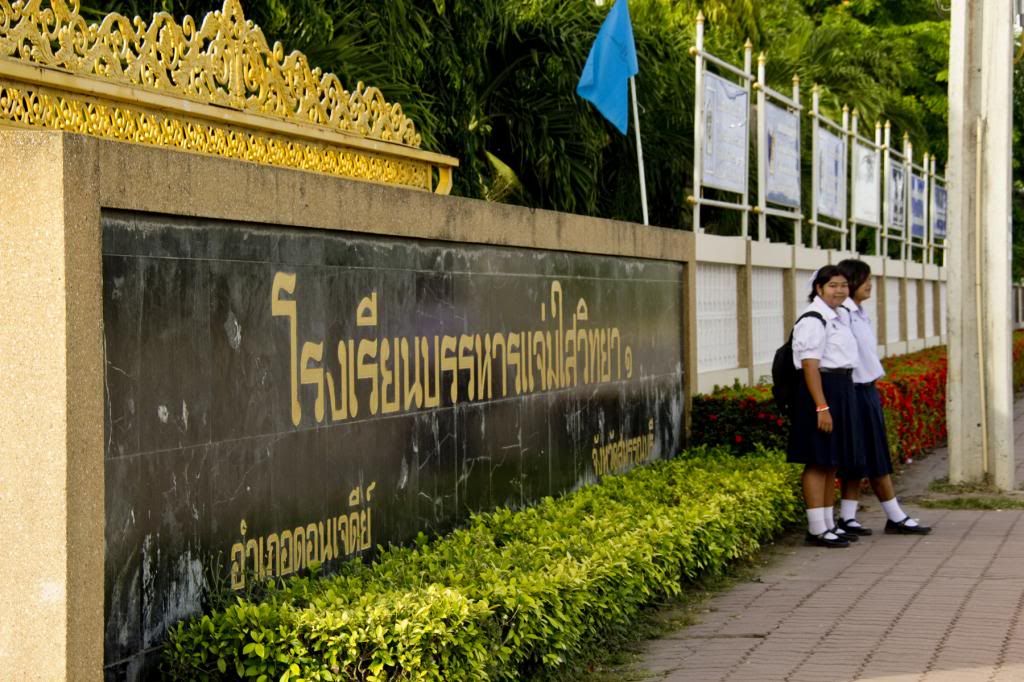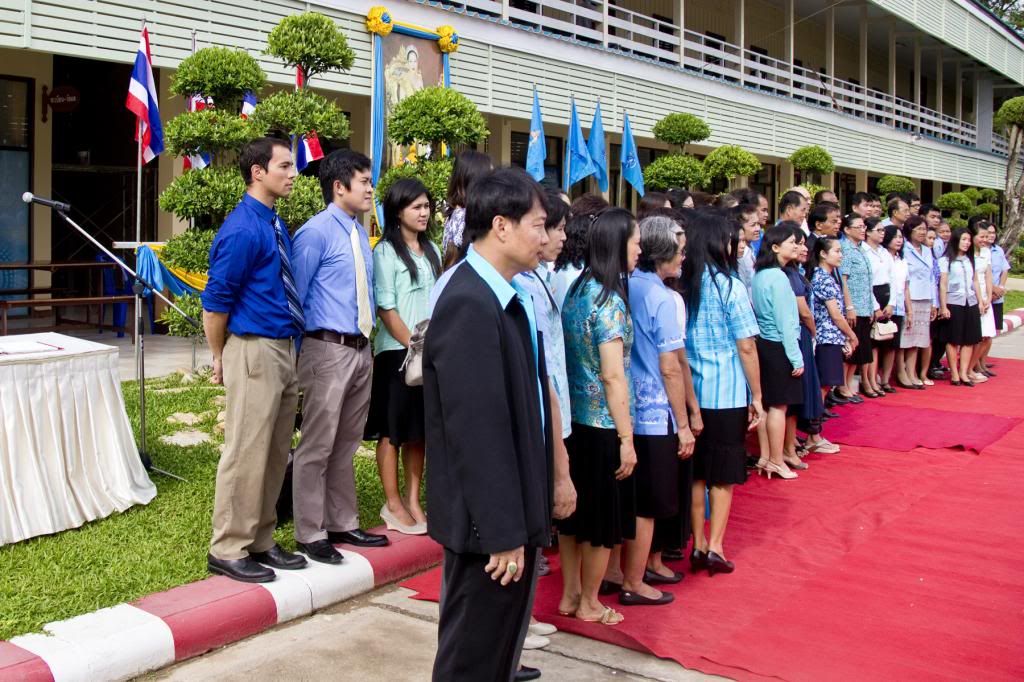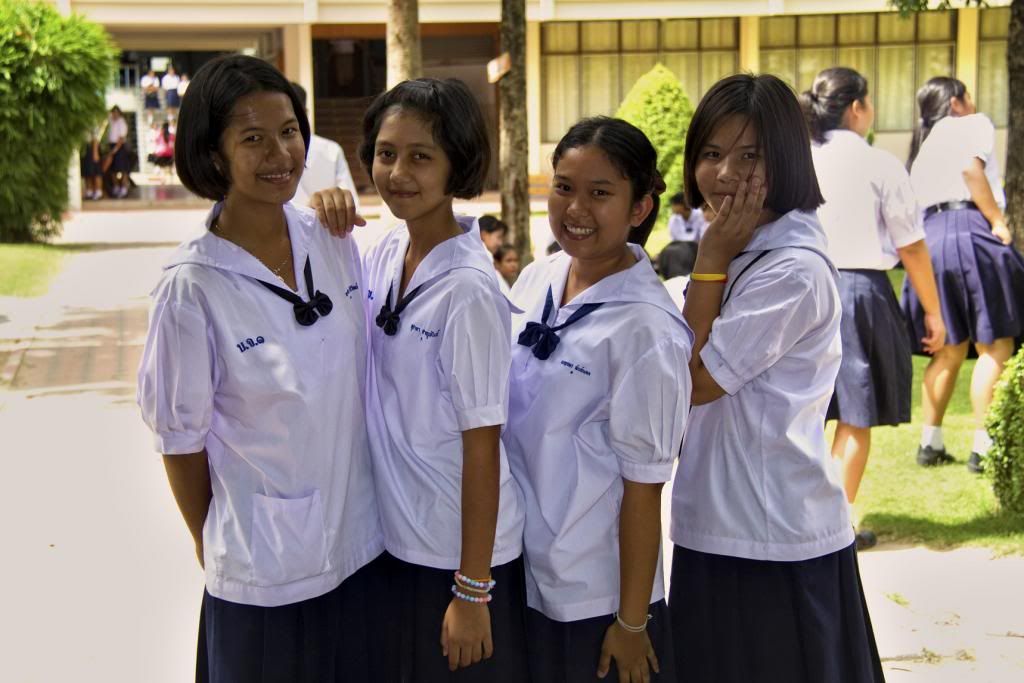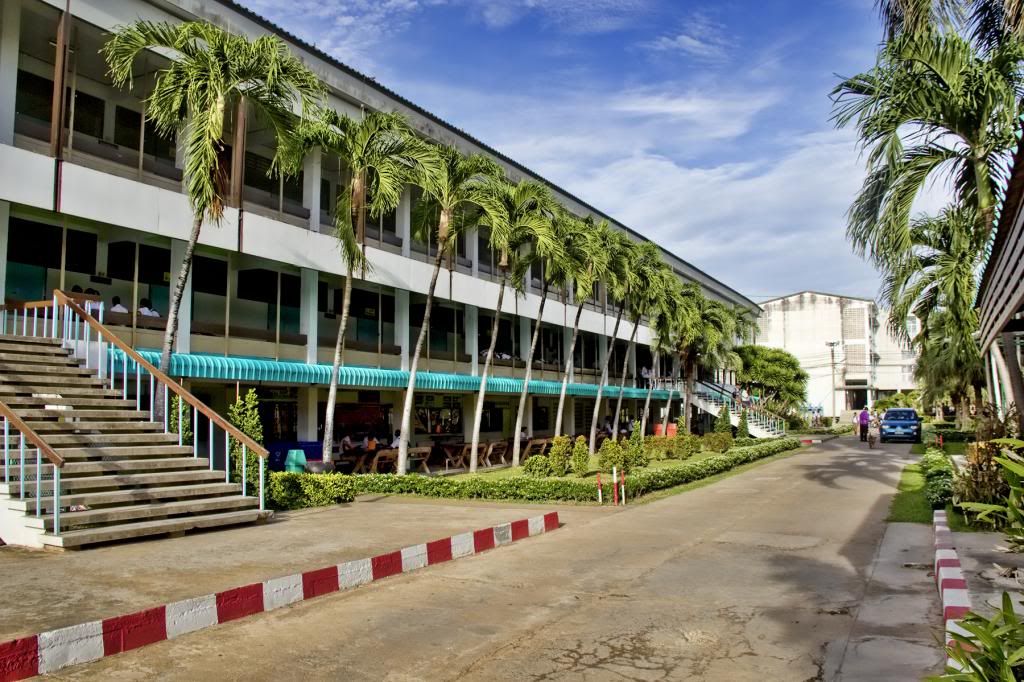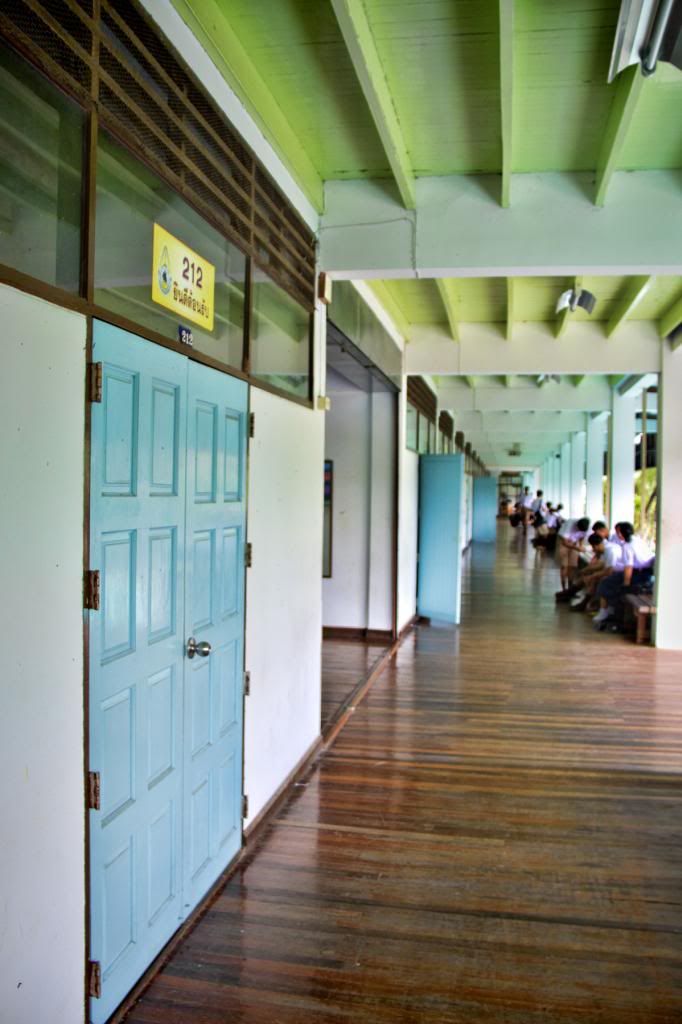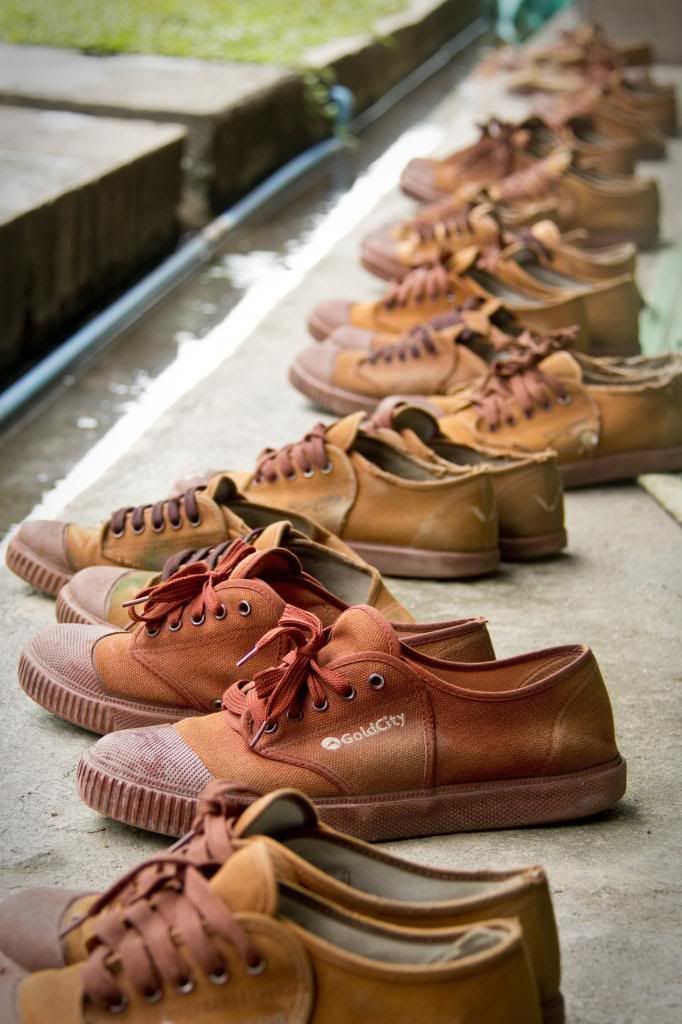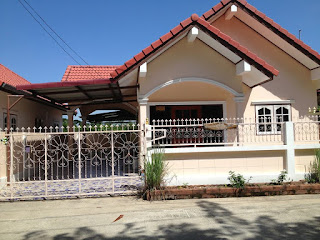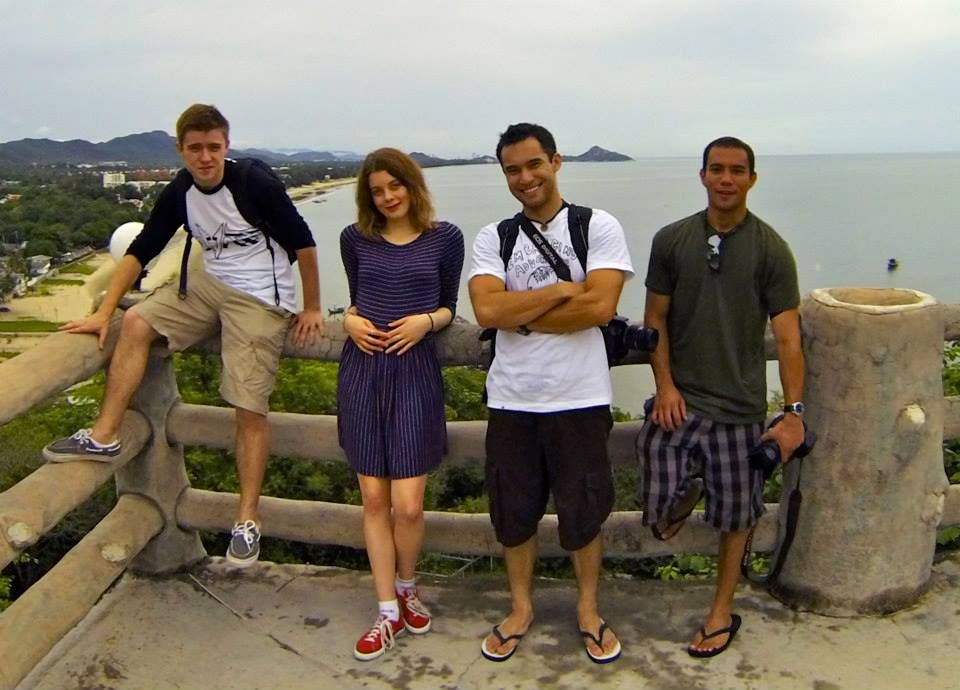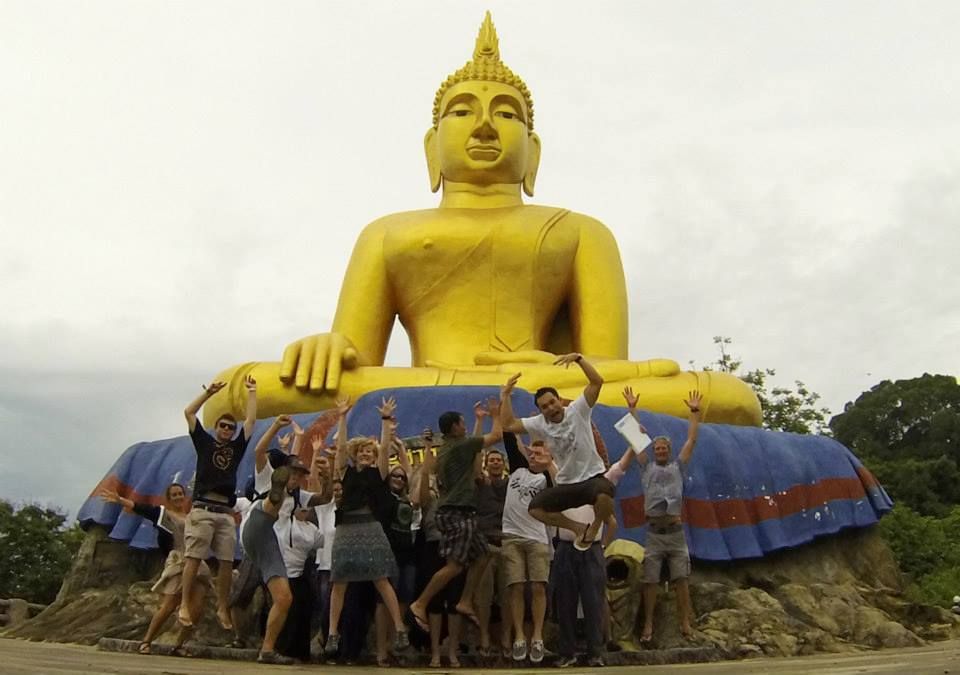“Let’s go over there!”
“Where?”
“Over there…”
“What’s over there?”
“I dunno.”
“How are we getting there?”
“I dunno….”
“So.. why there?”
“Why not?”
Between Yosemite and Sequoia National Parks, wine country
and Northern California, Victoria and Vancouver in British Columbia, and 5
different cities in Thailand, Jeff and I have both instigated countless conversations
such as the one above. You already know
where I’m going with this… the journey off the beaten path or our uninformed
decision led to some special discovery or encounter. We question each other at times, yes. We never regret it. Part of it may be upbringing, but much of it is a lack of money, technology, and
expectation.
- The beauty of not having money:
When you stay at a first class hotel: The concierge plans tomorrow’s itinerary,
hands over your attraction tickets, opens the door to your Lincoln, books a
table at a fine restaurant, and brings you Starbucks (because you already know
that nobody else can make a vanilla chai latte the way they can, and why even
risk it?). When you purchase a guaranteed intra-destination
transportation ticket with a precise schedule:
You know when you leave, when you get there, and every turn, stop, and
surprise to expect along the way.
I can hire a Lincoln, visit expensive tourist attractions, eat at a
fancy restaurant, stay at a resort, go to Starbucks, and get upset at late
transportation in Arizona. I'll take a cheap place to sleep, where the locals know I'm broke, and can get me to the same places cheaper. And more eventfully.
- The beauty of not having technology:
Open your iPhone: Lonely Planet’s app recommends this. Google Maps tells how to get there. TripAdvisor says what to do. When people ask me how a trip was, the last
thing I will ever say is, “Hey, went
exactly as planned! It was everything I expected.” That’s what airline pilots should say, not travelers. Close the phone. Open your mind.
Pressed napkins, 30th floor hotel rooms, and fluent English
speaking tour guides who get you to the elephant farm in a cushioned Mercedes
van are nice at the time. And of course they have good reviews -from people that don't know how much they're missing. I have more
memories from the National Lampoon-like experiences than the overpriced frills.
- The beauty of not having expectations:
Why would anyone show up at a city without a
hotel reservation? Why would anyone walk
down a street without checking out Yelp’s restaurant reviews first? Why would you visit the #37 rated attraction instead of the #1? Well, because the number one attraction was crowded and restricting. Because the hotel you found on a whim is actually wonderful, but they don't advertise on Expedia. And the restaurant was appreciative of your business so they brought you a free plate of fruit. Because when you discard expectations, you discard letdowns. And suddenly you’re satisfied
with less, you’ve saved money, and you’ve tried more.
Sure, sometimes it is nice to just stretch out on a beach that you don’t
have back home. But your entire trip does not need to be a pre-planned checklist itinerary.
‘Explore’ and ‘adventure’
is not always elephant riding or tiger petting. Sometimes it is ordering food you don’t know, ignoring
Google Maps, choosing a hotel once you’re
there, and forgetting TripAdvisor’s recommendation because spontaneity took you
somewhere else. Just interacting with people who did not
expect a tourist to admire their product or service (or just... a tourist) is a rare joy. And sometimes it comes with a free sandwich and extra postcards.
No, not every surprise, accident, and mystery will be a
raving success. But if your first two
attempts are swinging strikes and you get a base hit on the third, it was worth
going to bat.





